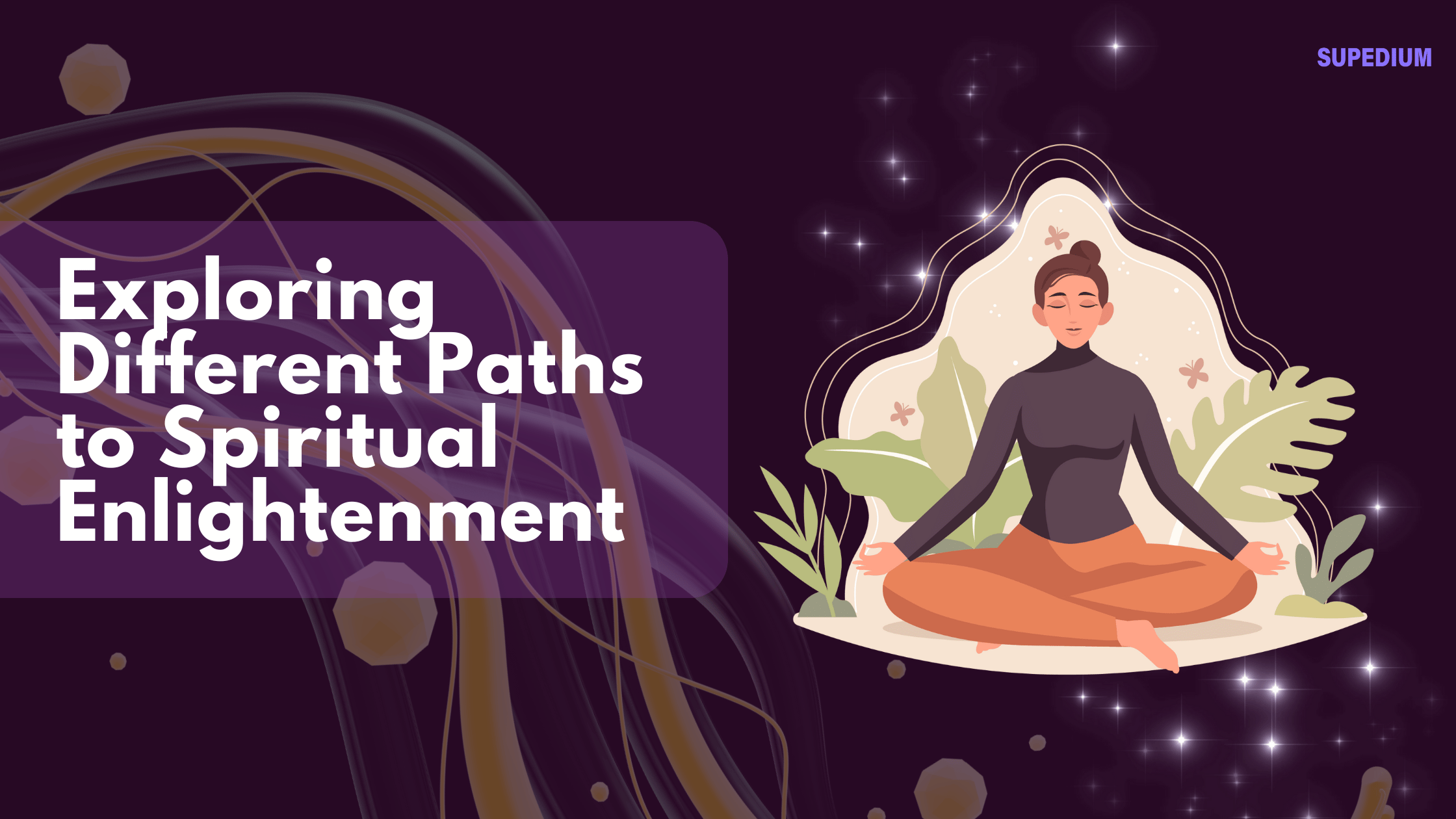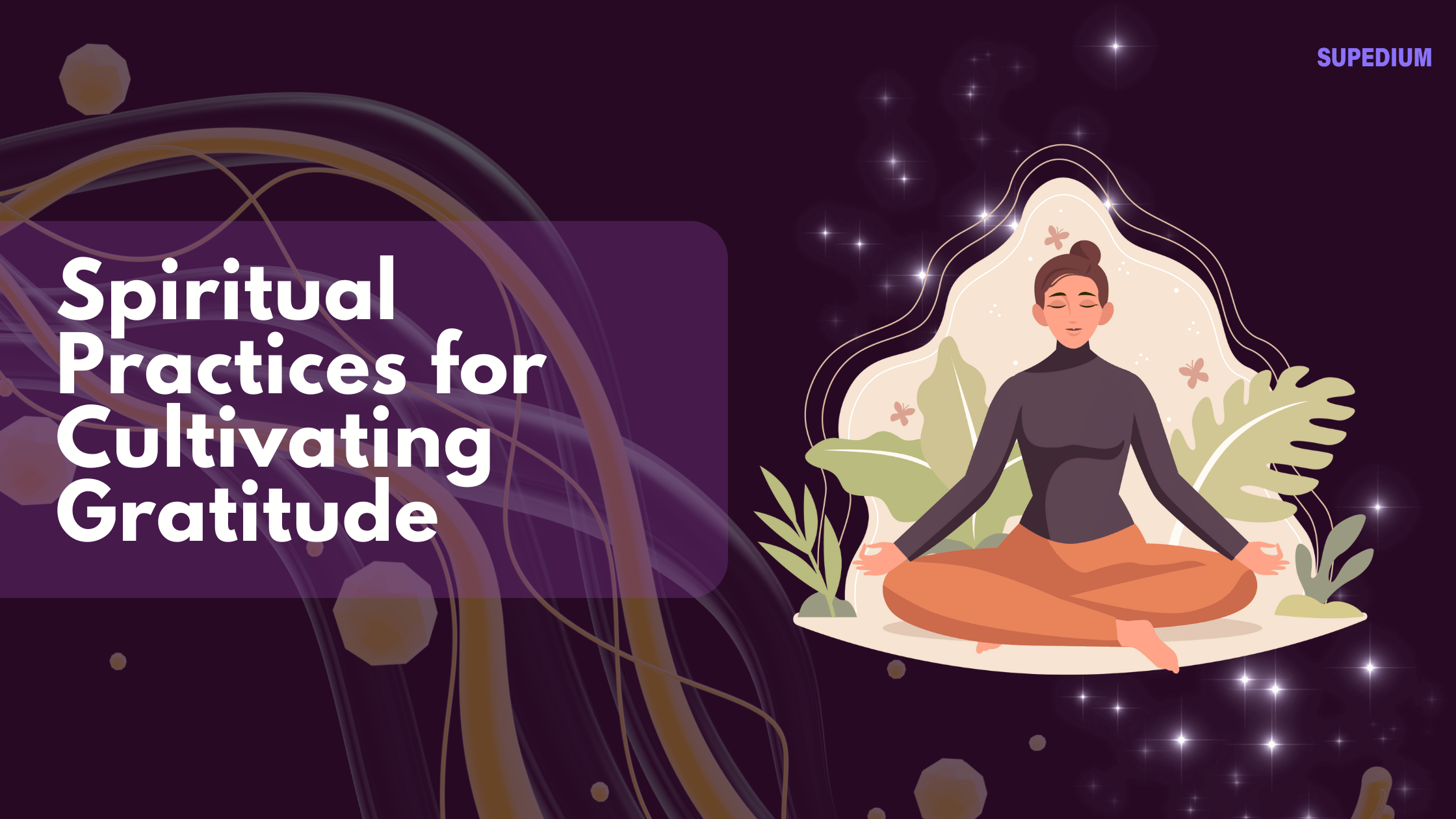Table of Contents
![]()
Introduction
Spiritual enlightenment is a profound experience that transcends the boundaries of conventional understanding. It encompasses a journey toward deeper awareness, connection, and inner peace. While often associated with religious frameworks, enlightenment can manifest independently of any specific belief system. As individuals embark on their unique quests for understanding, exploring diverse paths to enlightenment can enrich personal experiences and broaden perspectives.
Historical Context of Spiritual Enlightenment
Ancient Traditions
Throughout history, various cultures have contributed to the understanding of spiritual enlightenment. Eastern philosophies such as Hinduism and Buddhism have laid foundational concepts, emphasizing the inner journey toward awakening. In the West, mysticism has sought to bridge the material and spiritual worlds, with traditions like Gnosticism and Hermeticism offering insights into the nature of existence.
Modern Movements
In contemporary society, spiritual exploration has evolved, influenced by modern psychology and emerging New Age movements. This dynamic interplay between ancient wisdom and modern thought reflects the ongoing quest for meaning in a rapidly changing world.
Major Paths to Enlightenment
Eastern Philosophies
Buddhism
Buddhism offers a structured approach to enlightenment through the Four Noble Truths and the Eightfold Path. The Four Noble Truths articulate the nature of suffering and the path to liberation, while the Eightfold Path provides practical guidance on ethical living, meditation, and wisdom.
Hinduism
Hinduism presents a diverse array of practices leading to enlightenment, including the concepts of Karma and Dharma. Various paths, such as Bhakti (devotion), Jnana (knowledge), and Raja Yoga (meditation), cater to different temperaments and inclinations, emphasizing the richness of spiritual exploration within this tradition.
Western Mysticism
Kabbalah
In Kabbalistic traditions, the Tree of Life symbolizes the journey of the soul toward enlightenment. The Sefirot, or divine attributes, provide a framework for understanding the relationship between the material and spiritual realms, guiding practitioners in their quest for unity with the divine.
Christian Mysticism
Christian mysticism emphasizes personal experiences of God through practices like contemplative prayer and meditation. The writings of saints such as St. John of the Cross and Teresa of Avila highlight the transformative power of divine love and the deep connection to the sacred.
Indigenous Spiritual Practices
Indigenous spiritualities often center around a profound connection to nature and community. Shamanistic traditions, for instance, incorporate rituals that honor ancestors and the earth, recognizing the interconnectedness of all beings as vital to the path of enlightenment.
Contemporary Spiritual Movements
Modern spiritual movements, including New Age practices, draw from various traditions to create eclectic approaches to enlightenment. Mindfulness and meditation have gained popularity in secular contexts, allowing individuals to explore spiritual principles without adhering to a specific religious framework.
Common Practices Across Paths
Meditation and Mindfulness
Meditation serves as a cornerstone for many spiritual paths, offering techniques to cultivate awareness and inner peace. From mindfulness practices to more formal meditation methods, individuals can experience the mental and spiritual benefits that arise from quieting the mind and tuning into the present moment.
Rituals and Ceremonies
Rituals play a significant role in many spiritual traditions, serving as expressions of devotion, gratitude, and connection to the divine. These ceremonies often mark important life transitions and foster a sense of community and belonging among practitioners.
Service and Compassion
Acts of service and compassion are emphasized across numerous spiritual paths. Altruism not only benefits others but also enriches the individual’s journey, fostering personal growth and deeper connections with others.
Personal Journey and Individual Exploration
The Role of Introspection
Introspection is crucial in the pursuit of spiritual enlightenment. Practices such as journaling and self-reflection enable individuals to explore their beliefs, values, and emotions, facilitating a deeper understanding of their personal truths.
Challenges on the Path
While the journey toward enlightenment can be rewarding, it is not without challenges. Skepticism, doubt, and cultural or familial barriers may arise, prompting individuals to confront their beliefs and navigate the complexities of their spiritual journeys.
Integration of Different Practices
Many individuals find value in integrating practices from various traditions. Eclectic spirituality allows for a personalized approach, combining insights and techniques that resonate with one’s unique experiences and aspirations.
The Role of Teachers and Communities
Finding Guides and Mentors
The guidance of experienced teachers and mentors can be invaluable on the path to enlightenment. These figures provide support, wisdom, and encouragement, helping seekers navigate the complexities of their spiritual journeys.
Community Support
Being part of a spiritual community can enhance personal growth. Shared experiences and collective wisdom foster a sense of belonging, encouraging individuals to explore their spirituality in a supportive environment.
Conclusion
The quest for spiritual enlightenment is a universal endeavor that transcends cultural and religious boundaries. While the paths may differ, common threads of seeking, connection, and transformation unite diverse spiritual traditions. Each individual’s journey is unique, and exploring various avenues to enlightenment can yield profound insights and personal growth. Embracing this exploration encourages a deeper understanding of oneself and the interconnectedness of all beings.
Share This





Be the first to comment